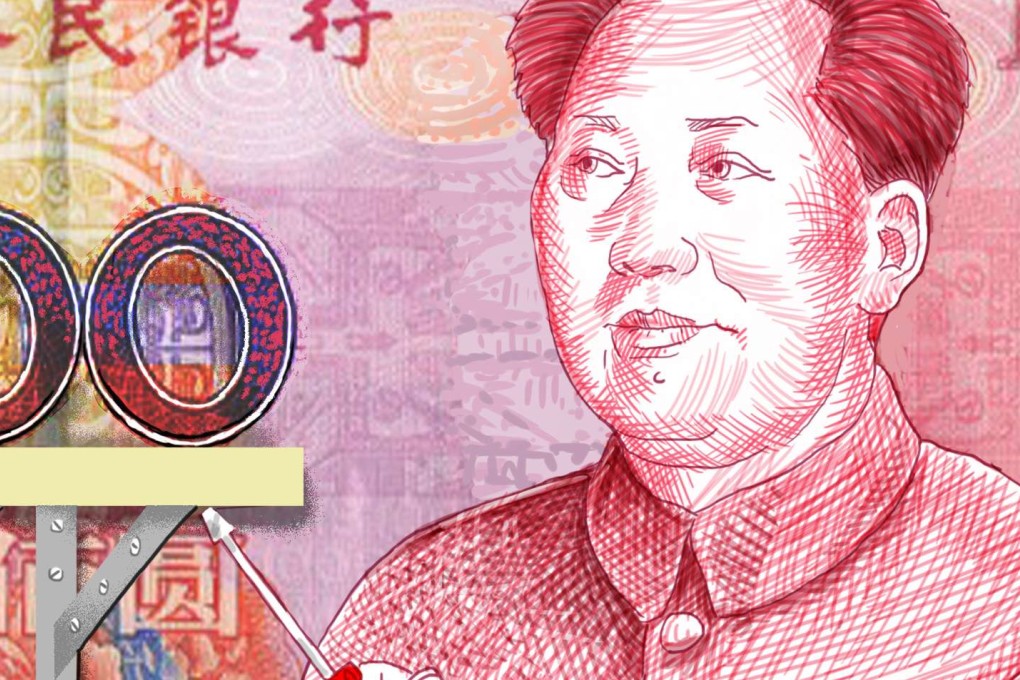Why China will avoid a big, destabilising yuan devaluation
Lawrence J. Lau says Beijing has the tools to avoid further abrupt and significant currency devaluations, since any effect on exports would most likely be outweighed by a loss of confidence both nationally and internationally in China’s future


If any currency is overvalued today, it is probably the US dollar, not the renminbi
As Chinese economic growth slows, from close to 10 per cent to around 6.5 per cent, in transitioning to a “new normal”, the Western media have been almost uniformly negative about its prospects. Will the renminbi be devalued again? As both Premier Li Keqiang (李克強) and Bank of China governor Zhou Xiaochuan (周小川) have assured the public recently, and for the reasons laid out below, the renminbi is unlikely to devalue abruptly and significantly, although there may be small fluctuations.
READ MORE: China’s FX reserves continue to fall but at slower pace
A reliable indicator of whether a currency is overvalued is whether the balance of trade in goods and services is consistently negative. If a country consistently runs a large trade deficit, then its currency is likely to be overvalued. In 2015, China still had a sizeable trade surplus, in the order of 4.2 per cent of its GDP, or approximately US$450 billion a year, and is expected to continue to run a significant trade surplus in the foreseeable future. If any currency is overvalued today, it is probably the US dollar, not the renminbi.


Would a devaluation increase Chinese exports? A small devaluation per se is unlikely to do so significantly even though it may increase the profits of Chinese exporters in renminbi terms, especially given that most world economies are either in recession, stagnation or a slow recovery. Moreover, in order for a devaluation to increase Chinese exports meaningfully, it may have to be in the order of 15 per cent or higher. But it is not really in the best interests of China to return to making garments, shoes and stuffed toys all over again, with the low standard of living that implies for its workers. Furthermore, the Chinese economy has also grown too large to be sustainable by increases in exports alone.

READ MORE: China’s central bank chief Zhou Xiaochuan confident of hitting economic growth target
It is not really in the best interests of China to return to making garments, shoes and stuffed toys all over again, with the low standard of living that implies for its workers
Moreover, for the Chinese people, it is even more important for the renminbi to retain its purchasing power, both domestically and abroad. A devaluation would have a direct impact on their confidence in the renminbi and the economy. It is also in China’s interests to promote the use of the renminbi as a medium of international exchange and eventually as an international store of value. All this requires a relatively stable exchange rate vis-à-vis the US dollar.
